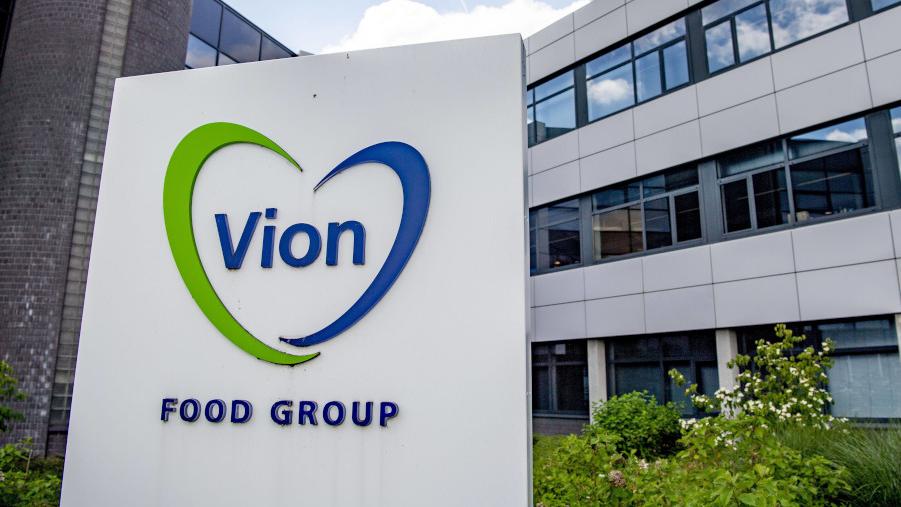In a significant development for the meat industry, Vion Food Group, a global leader in meat and plant-based alternatives, has declared a strategic reevaluation of its operations in Germany. This move includes a series of divestments and closures set to reshape its business model in 2024.
Streamlining Strategy: Divestments and Closures Ahead
Ronald Lotgerink, CEO of Vion Food Group, emphasized the considerable impact of these changes, stating, “The intended steps in Germany hold significant implications for our employees, customers, suppliers, and business relationships.” The strategy aims to enhance efficiency and adaptability, aligning with the company’s vision for a robust future.
Sale of Key Facilities: A New Direction for Vion
As part of its restructuring, Vion plans to divest several facilities. This includes the sale of the cattle slaughterhouse and pre-packed facility in Altenburg, and the Ahlener Fleischhandel ham specialist to Tönnies Group. Additionally, the Perleberg pig processing plant is expected to be sold to Uhlen GmbH.
Transition Phase: Ensuring Smooth Operations
With the agreements signed and expected to conclude in the first quarter of 2024, around 700 employees will transfer to the new owners. Vion has committed to maintaining business relationships and fulfilling all obligations during the transition to guarantee minimal disruption.
Unresolved Sale: Challenges at Emstek Facility
Despite efforts to secure a buyer for the Emstek pig facility, Vion reports no satisfactory offers have been made. This development highlights the complexities involved in the company’s restructuring process.
Global Market Pressures: A Competitive Landscape
Vion’s decision comes amidst intense global competition, particularly from the USA, South America, and China. The company also cites the additional strain of the African Swine Fever outbreak, exacerbating challenges for German meat companies. This strategic move by Vion reflects a broader trend of adaptation and survival in a highly competitive market.
Related: Top 10 Largest Meat Producing Countries 2023
